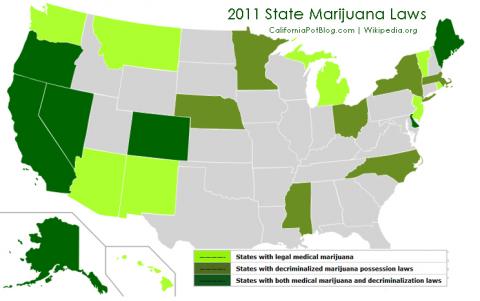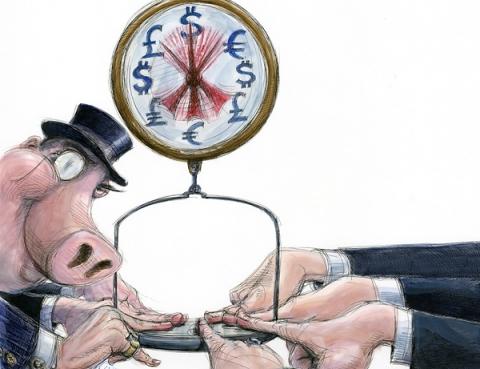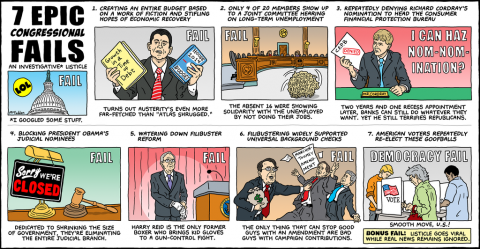U.S. Policies Allow Sweatshop Fires
Peace & Justice Resource Center

The latest sweatshop disaster in Bangladesh, which claimed the lives of over 200 young women, calls into question the foundations of US globalization policies since the Clinton era. It is not enough to blame the corruption of Bangladesh factory owners, nor sufficient to suggest better training and factory codes from Walmart or the Gap. It is time to ban the US sale of garments made in Bangladesh until enforceable labor codes are imposed on that country.









Spread the word